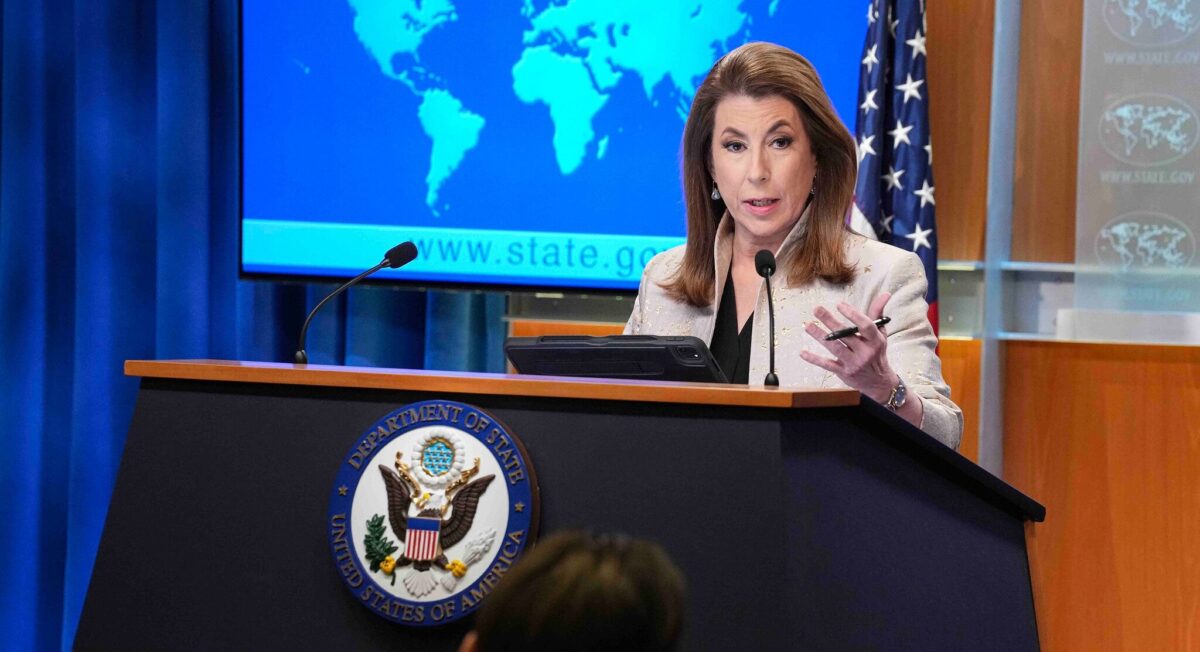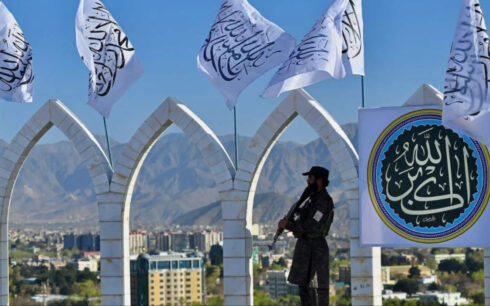WASHINGTON — The U.S. State Department has accused Iran of supporting terrorist organizations, including the Taliban and al Qaeda, reinforcing its longstanding designation of Tehran as one of the world’s leading state sponsors of terrorism.
State Department spokesperson Timmy Bruce made the remarks during a press briefing on Monday, in which she referred to the Taliban as a terrorist group and criticized Iran’s support for it and other armed actors, including Hezbollah, Hamas, the Houthis, and al Qaeda.
“Iran’s Islamic Revolutionary Guard Corps is itself a designated foreign terrorist organization, and many of Iran’s regime leaders have also been named as terrorists,” Bruce said.
She added, “The Iranian regime has always been hostile to the United States and our allies and partners. It supports terrorist networks across the region.”
Bruce also reiterated President Donald Trump’s firm stance against Iran’s nuclear ambitions. “The President has made it clear that Iran cannot have a nuclear weapon. What we expect, as Secretary Rubio has said, is that under Donald Trump, there will not be a nuclear Iran,” she stated.
She called on Iran to halt its nuclear escalations, ballistic missile development, and regional military campaigns, and to end the repression of its people and the destabilizing activities of the Revolutionary Guard.
Bruce’s comments come amid ongoing ambiguity surrounding the Trump administration’s policy on Afghanistan and the Taliban. Despite referring to the Taliban as a terrorist group, a U.S. delegation recently visited Kabul and held meetings with Taliban officials, fueling speculation of possible diplomatic engagement.
While analysts see this visit as part of a broader effort to normalize ties with the Taliban, the administration has yet to clarify its long-term strategy.
Last month, J.D. Vance, Vice President under President Trump, labeled the Taliban “the world’s most dangerous terrorist group” during a speech to U.S. troops in Greenland, and criticized the group’s seizure of American military equipment following the 2021 U.S. withdrawal from Afghanistan.
Despite these strong statements, Washington has not formally announced a comprehensive policy toward the Taliban, leaving questions about future U.S. engagement unanswered.





